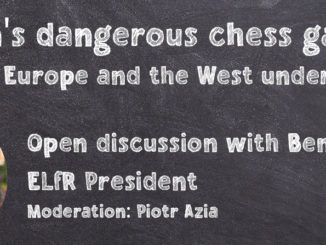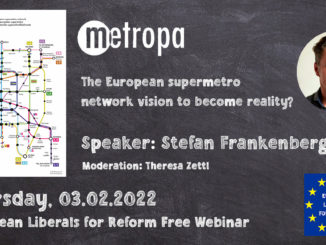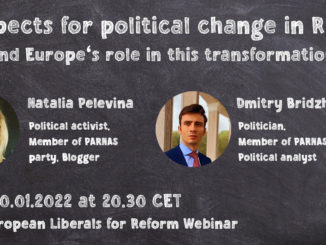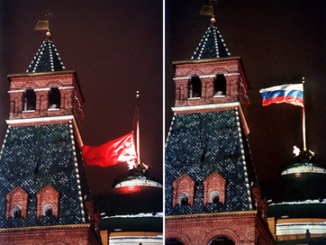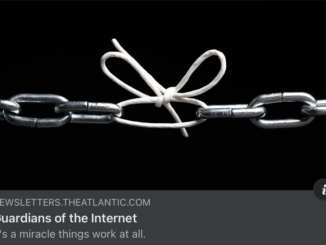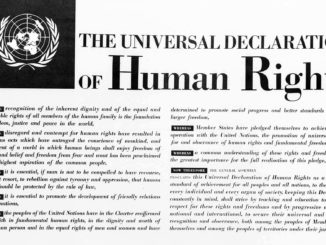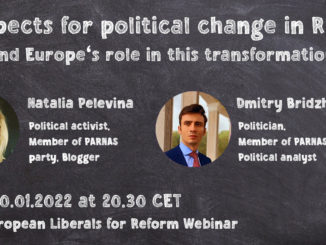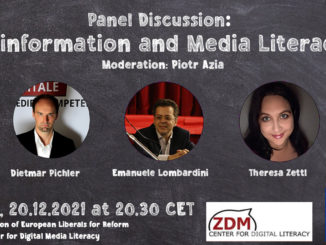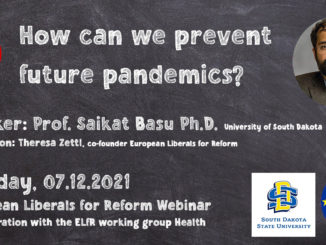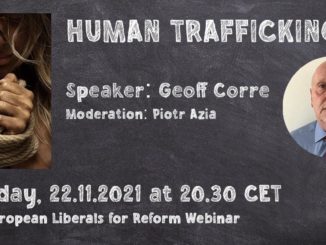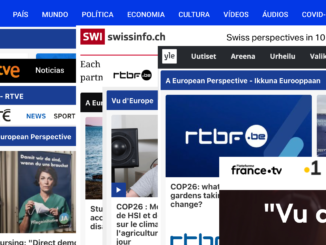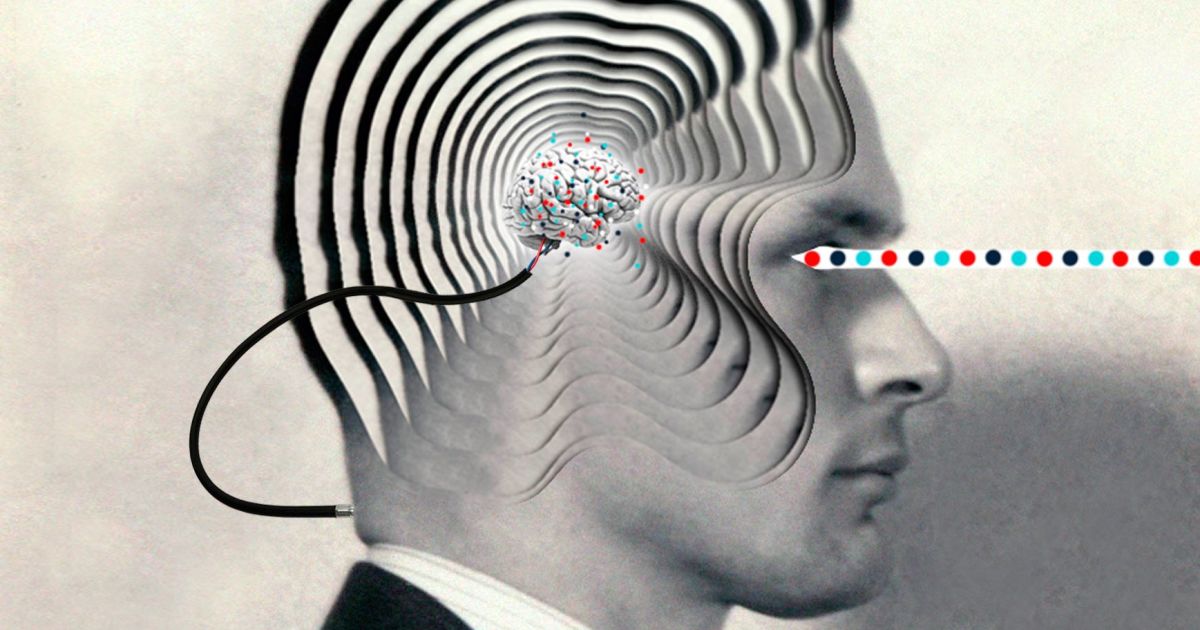Google and Big Data have ushered us into a crisis of knowledge.
Michael P. Lynch is a philosopher of truth. His fascinating new book, “The Internet of Us: Knowing More and Understanding Less in the Age of Big Data,” begins with a thought experiment: “Imagine a society where smartphones are miniaturized and hooked directly into a person’s brain.” As thought experiments go, this one isn’t much of a stretch. (“Eventually, you’ll have an implant,” Google’s Larry Page has promised, “where if you think about a fact it will just tell you the answer.”) Now imagine that, after living with these implants for generations, people grow to rely on them, to know what they know and forget how people used to learn—by observation, inquiry, and reason. Then picture this: overnight, an environmental disaster destroys so much of the planet’s electronic-communications grid that everyone’s implant crashes. It would be, Lynch says, as if the whole world had suddenly gone blind. There would be no immediate basis on which to establish the truth of a fact. No one would really know anything anymore, because no one would know how to know. I Google, therefore I am not.
…
Then came the Internet. The era of the fact is coming to an end: the place once held by “facts” is being taken over by “data.” This is making for more epistemological mayhem, not least because the collection and weighing of facts require investigation, discernment, and judgment, while the collection and analysis of data are outsourced to machines. “Most knowing now is Google-knowing—knowledge acquired online,” Lynch writes in “The Internet of Us” (his title is a riff on the ballyhooed and bewildering “Internet of Things”). We now only rarely discover facts, Lynch observes; instead, we download them. Of course, we also upload them: with each click and keystroke, we hack off tiny bits of ourselves and glom them on to a data Leviathan.
“The Internet didn’t create this problem, but it is exaggerating it,” Lynch writes, and it’s an important and understated point. Blaming the Internet is shooting fish in a barrel—a barrel that is floating in the sea of history. It’s not that you don’t hit a fish; it’s that the issue is the ocean. No matter the bigness of the data, the vastness of the Web, the freeness of speech, nothing could be less well settled in the twenty-first century than whether people know what they know from faith or from facts, or whether anything, in the end, can really be said to be fully proved.
Source: After the Fact – The New Yorker

